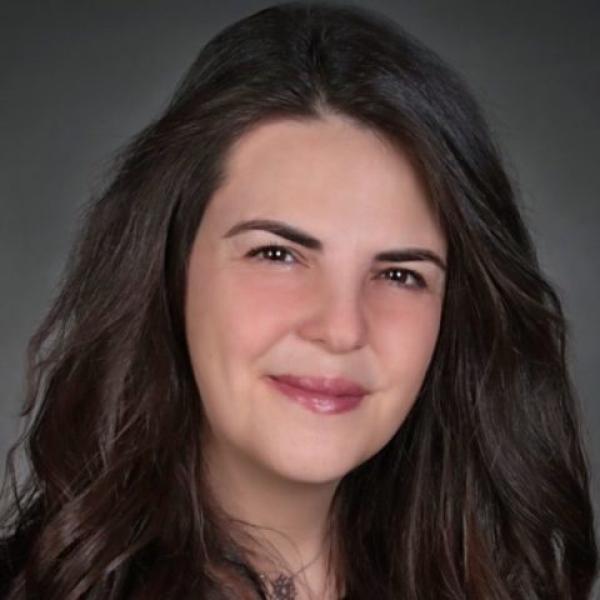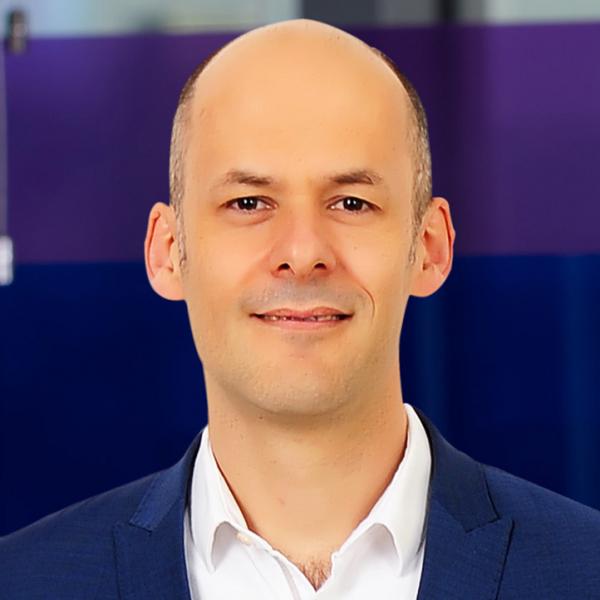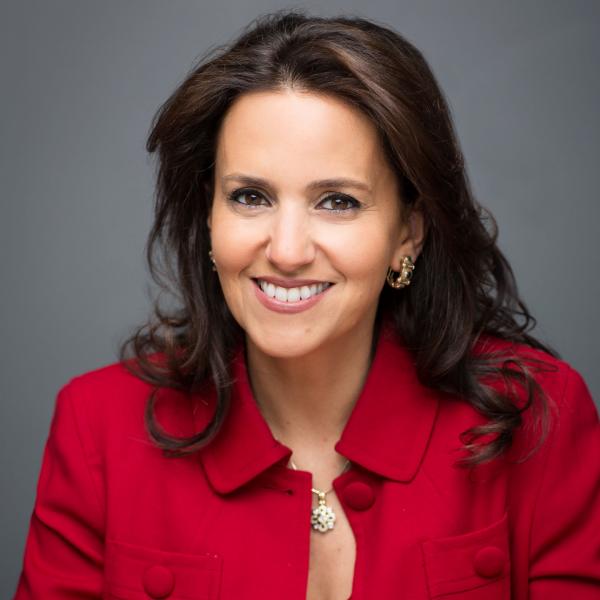Despite recent advances in gender equality globally, girls still suffer from less attention being paid to their education by their families than boys. Recent events have made this situation worse.
According to Plan International, the COVID-19 crisis has resulted in closures of schools and other learning spaces, impacting up to 99% of the students in low and lower-middle income countries. Girls who don’t have the opportunity to stay in school are at higher risk of increased gender-based violence, unplanned pregnancy, trafficking, and child marriage. The pandemic will also push nearly 47 million women and girls into extreme poverty this year.
It is British philosopher Alain de Botton who said: “We become fully human only through education’’. We expect education to be accessible, free and compulsory everywhere in the world; but in reality, according to the United Nations, there are still 260 million children out of school!
Many education-related investments in emerging countries primarily focus on building schools and increasing the number of educational institutions. However, for many children, especially girls, the barrier may not just be whether there is a school building or not but it may relate to socio-economic conditions. Therefore, we likely need more creative solutions for promoting education that are tailored to local cultures and conditions.
Firstly, children that grow up in disadvantaged communities or countries can have a very different view on life. Many children from such areas start at a much earlier stage to earn money and contribute financially to their families. These children learn basic life skills such as cooking at a young age out of necessity. While trends such as urbanization, rural depopulation and climate change are modifying this traditional lifestyle, it will likely persist for a while in many parts of the world. So, the education system needs to adapt to it by providing flexible and remote learning for instance. The potential of flexible learning has been clearly demonstrated during lockdown with children in many parts of the world having to switch to remote learning, which was made possible thanks to recent improvements in digital technology.
Secondly, a UNICEF report called “Strategies for Girls’ Education” states that “the more disadvantaged the girl the more essential it is that the education system should reach out to her through special measures, rather than assuming she will be drawn in as part of the general drive for education for all”. The same UNICEF report highlights several successful education programs across the world. For example, in Bangladesh, where children help out their families in farming, class times are being set by local parents and the school calendar is adapted to fit the harvest period. In Tanzania and Burkina Faso, satellite schools provide basic education through a specially designed three-year course, that allows eligible children to join the mainstream school system even if they live in remote areas. In Türkiye, girls can study and take exams remotely to catch up with their peer group in an “open primary school” system.
Thirdly, if we want to improve girls’ attendance rate, we need to understand what prevents them from going to school in developing economies. Supplying agricultural communities with equipment such as mills to grind cereals, or carts for water conservation can decrease the workload of the children who help out their families. If building new schools is not combined with these measures, even if there is a school the children’s schedule may not allow them to attend. Therefore, to ensure we are adequately investing in education, a more holistic approach is required.
In addition to financial barriers, there can also be significant social barriers. For example, adults can place expectations on children such as regarding the education level or subjects they are allowed to study. In poor communities where the adults have not attained a high level of education and have low-skilled jobs, young people may not have an inspiring role model to look up to.
So how can these barriers be overcome?
Clearly, we need to raise awareness about the importance and impact of a good education. Technology can serve as an essential enabler broadening people’s horizons. Even if unable to physically attend school or travel, technology allows people to learn more about other cultures and the World, becoming more open to other perspectives that can challenge local stereotypes and societal expectations. Conversely, browsing the internet tends to be linked to powerful algorithms, which can also polarize users’ opinions. Therefore, purposeful use of technology can address some of the education-related difficulties.
A Netflix movie called “Fisherman’s Diary” highlights how the universal right to education is still not accepted. It depicts a disadvantaged fisherman community in Africa where education is considered futile, for lazy people and especially not destined for girls. Ekah, a young girl played by Faith Fidel, whom we met, goes against the whole town in order to secretly educate herself. At only 12 years old, she takes care of her sick mother and helps her father fishing and bringing money home.
“It is essential that initiatives to improve education in emerging economies take into consideration local circumstances as students may still need to maintain a job. It is very important to communicate to families that children can still help out in their time off while still attending school.” says Fidel.
Education is key to give people the confidence to engage in public discourse and promote good governance. Improving global education access is clearly one of the most effective ways to increase social mobility, empower girls and women and support economic growth as well as social well-being.
Authors
Kübra Koldemir
Sustainability Researcher
Richard Betts
KPMG
Sustainability Director
Caroline Codsi
Women in Governance
Founder
















